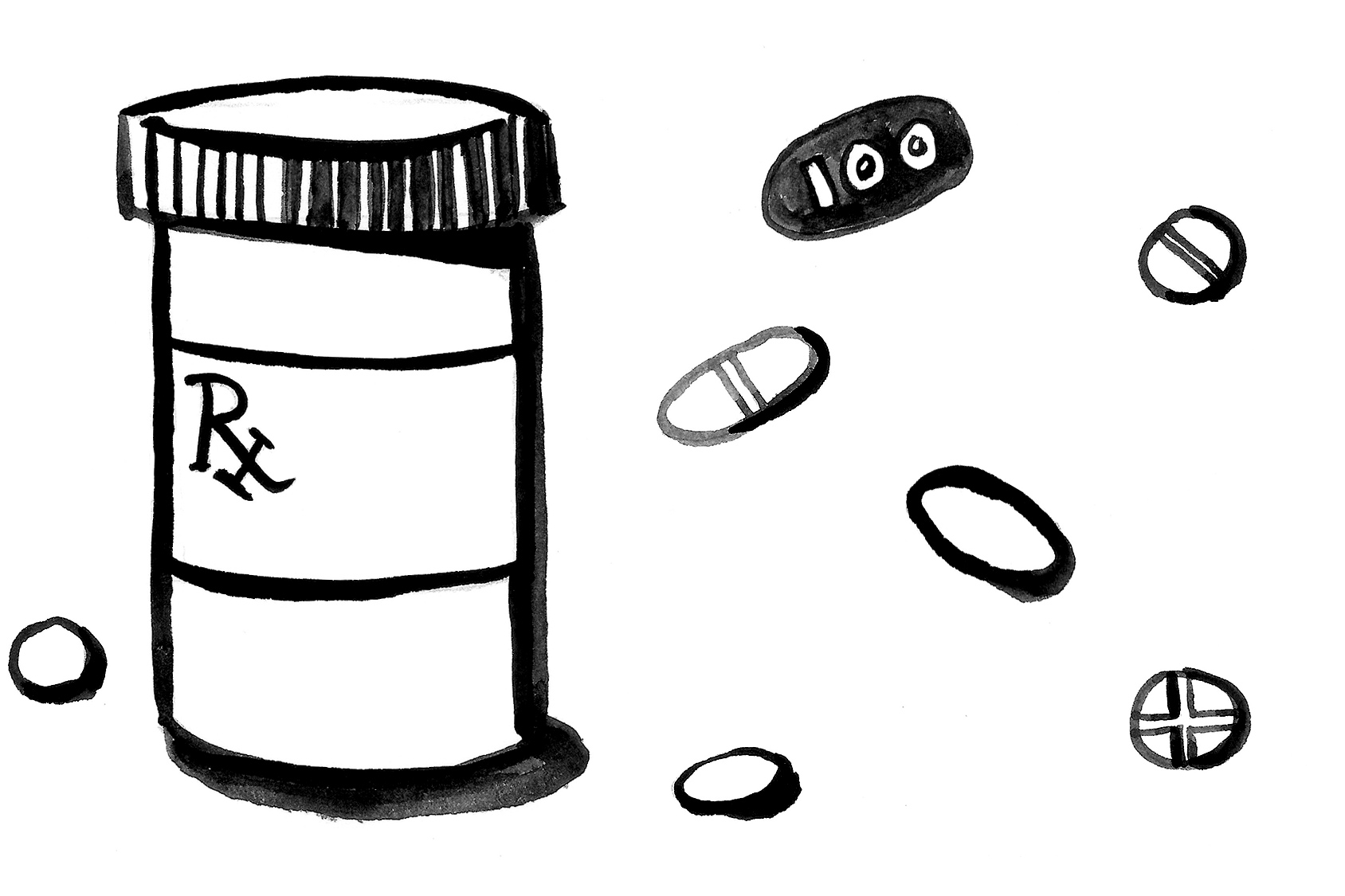A dinner conversation with friends returned to a frequent-flyer topic: medicine. Few people have had a thoroughly happy experience with the medical establishment, and most have at least one horrible anecdote to share about a friend or family member. In a recent post, I mentioned that several industries would be radically redesigned if they were developed from scratch today. I neglected to mention the one I know best: medicine.
I’ve seen first hand how much real-world health benefit can be gained from simple, no-cost lifestyle steps like Fast-5, that I have to add medicine to the list of industries that could do a much better job if the system were re-engineered from scratch. The upheaval would be tremendous. A lot of money mills and their associated corporate and personal fortunes would be scrapped. Will it happen? No, of course not. The status quo is too firmly entrenched to budge toward efficiency.
And, in case you think I’m just hammering medicine because it slurps up more than its fair share of the GDP while delivering little, stand back. Medicine does a simply amazing job in some specialties. Trauma is one of the specialties where a little intervention goes a long way, in many cases restoring decades of productive, high quality life. Infectious disease is another specialty where life-threatening situations can be completely reversed, again restoring decades of high quality life. Many surgical specialties are similar in that a life threatening problem from a hernia to a heart valve can turn a life-threatening problem into no big deal. Cancer treatments have come a long way, and yes, vaccinations have made an ugly world of childhood death much more civil.
Studies like this one described on Yahoo Finance (read the full story here if you have access) should make us think. Are we doing it right? What would medicine look like if it were engineered from scratch? What if a community were stripped of its existing medical infrastructure and a new system built with a goal of excellent care with cost efficiency?
There would be some tough choices. When is a transplant worth it? Who decides that it’s not worth it? Can a community come together and agree where the “not worth it” line is when a life is at stake? When in the course of Alzheimer’s is the reality of life worth living lost to the disease while a pulse and reflexes remain? How much good quality medicine could be provided by iPad-equipped individuals with a lot less training than doctors have? That question could be rephrased: With the assistance of algorithms, couldn’t 90% of what doctors see be managed by someone with a lot less secondary schooling and training? Maybe a couple of years instead of eleven?
The military model works fairly well and uses medics or corpsmen to provide first-line medical care, but enjoys the advantage of a relatively healthy population and some protection from lawsuits. Can we build on that? Can we imagine better? Can we stop the money machine long enough to put quality and efficiency ahead of profit?
Imagine a community that tried to do better. The community would have to overcome powerful lobbies at the state and federal levels just to get (1) legal permission, (2) payment for service and (3) protection from lawsuits that could immediately stop the attempt to re-engineer medicine. It’s hard to imagine American popular support coalescing with adequate strength behind such a movement, but the system will be driven to further inefficiency by monetization efforts until the need to re-engineer a medical system centered on quality and efficiency becomes a priority. I don’t expect that to happen until we encounter a severe fiscal crisis in which the medical machine is recognized as the monster threatening everyone’s quality of life, not just those with the misery and misfortune of being sick or injured.

